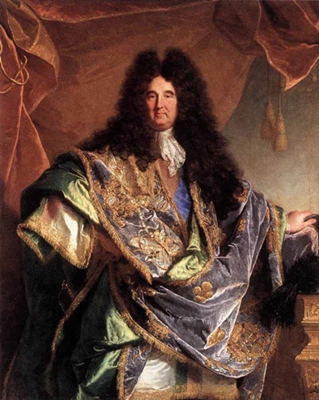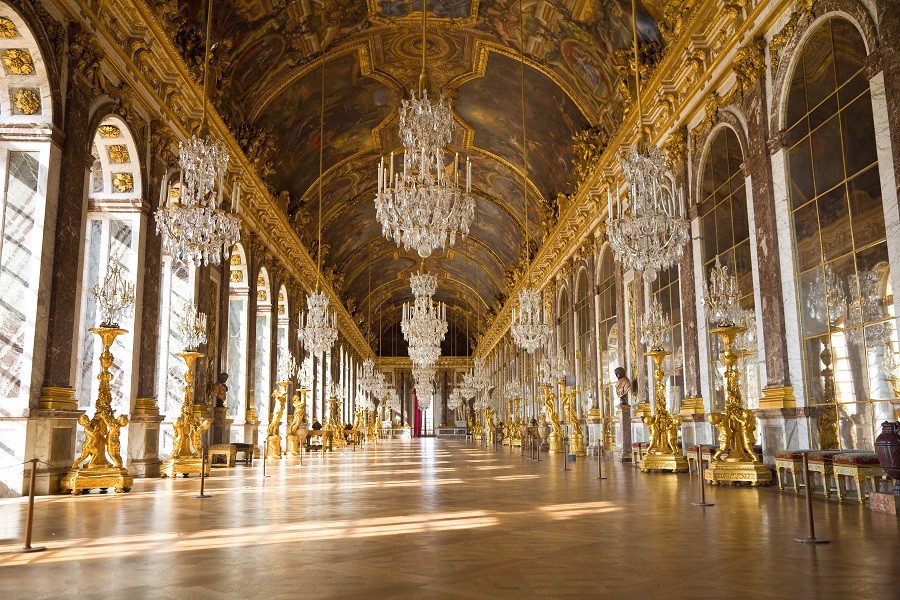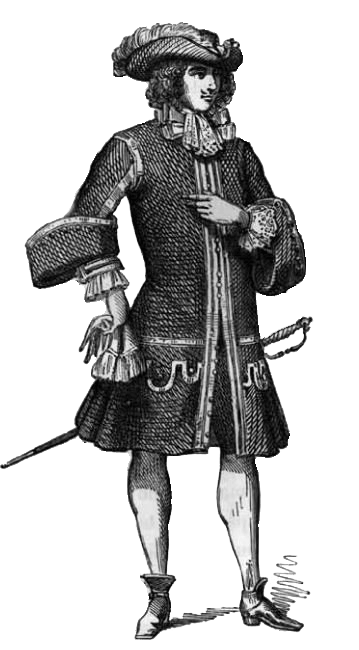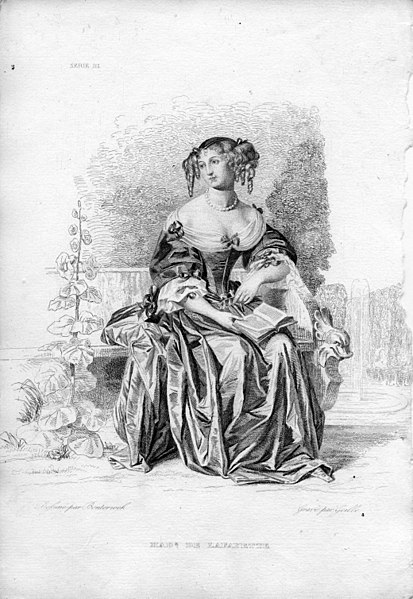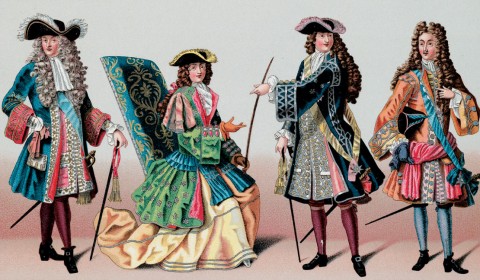Élisabeth Jacquet de La Guerre
Music during the time of Louis XIV was dominated by the male gender, there is one woman however who was celebrated for her creations as much as the males.
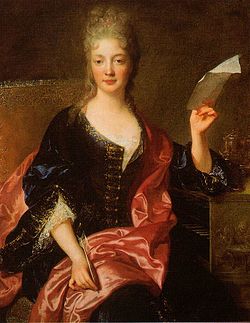
Élisabeth Jacquet was born in the first months of the year 1665 to Claude Jacquet and Anne de la Touche. Her baptism took place on 17 March 1665 and her papa was a musician from a dynasty of musicians. Claude Jacquet was a proper music authority and trained his children in the art.
While they were all talented, Élisabeth turned out to be a harpsichord Wunderkind. She was merely five years old as she was invited to perform in front of the King and Louis XIV was very impressed. The Sun King decided to support Élisabeth with money and allowed her to enter his court, where she received a worthy education, supervised by his mistress Madame de Montespan, and learned all about music and composing.
Élisabeth left court around the time Louis XIV declared Versailles to be his official residence. In 1684, she married Marin de La Guerre, an organist from a prominent family, and took a part of his name as her own, so both could profit from the good reputation their families had in the music-world. The couple had one son.
After her marriage, Élisabeth taught music, started to compose own pieces and performed many concerts, with much success, in Paris and at court. Élisabeth tried many different styles and also combined them. She composed religious pieces as well as secular ones, all with an Italian influence, and did some more traditional French pieces for various instruments. Her first work, called Premier livre de pièces de clavessin, was published in 1687, after which Élisabeth created a ballet, Les Jeux à l’honneur de la victoire, which has sadly been lost.
Her greatest achievement to that point was the permission of the Académie Royale de Musique to have an opera written by her performed on the great stage. This opera, Céphale et Procris, was the first opera by a female composer to be performed in France. It was a tragédie en musique in five acts with an allegorical prologue which premiered at the Théâtre du Palais-Royal on 17 March 1694…. and it was not well received at all. (Céphale, a warrior, and Procris, the daughter of the King of Athens, are in love but not yet married. Borée, Prince of Thrace, is Céphale’s rival for Procris’s hand. Aurore, the goddess of dawn, is in love with Céphale and wants him for herself and thus helps Borée to gain the affection of Procris. As Aurore believes Céphale has rejected her, she conjures up demons to cast a spell, so Procris will believe Céphale has been unfaithful to her. The spell works but the goddess has a sudden change of heart and convinces Procris that Céphale has always been true to her. Procris finds Céphale and Borée engaged in a fight. When she tries to intervene, Céphale accidentally wounds her with an arrow and she dies leaving her lover grief-stricken.)
With a reception like that, many people would have simply stopped to compose, but not Élisabeth. She moved from opera to other vocal and instrumental pieces and those were better received. In 1707 she published six sonatas for violin and harpsichord, which were performed in front of the King at his petit couvert. Louis loved those and showered her with compliments.
In 1708 and 1711 two more of her works were published. Her last published work dates to 1715, the year the Sun King died, and was a collection of secular cantates françoises. She is considered to be one of the first French women to have written an opera/ballet and one of the first composers of sonatas in France, along with her cousin François Couperin.
Élisabeth Jacquet de La Guerre died aged 64 in Paris on 27 June in 1729.
